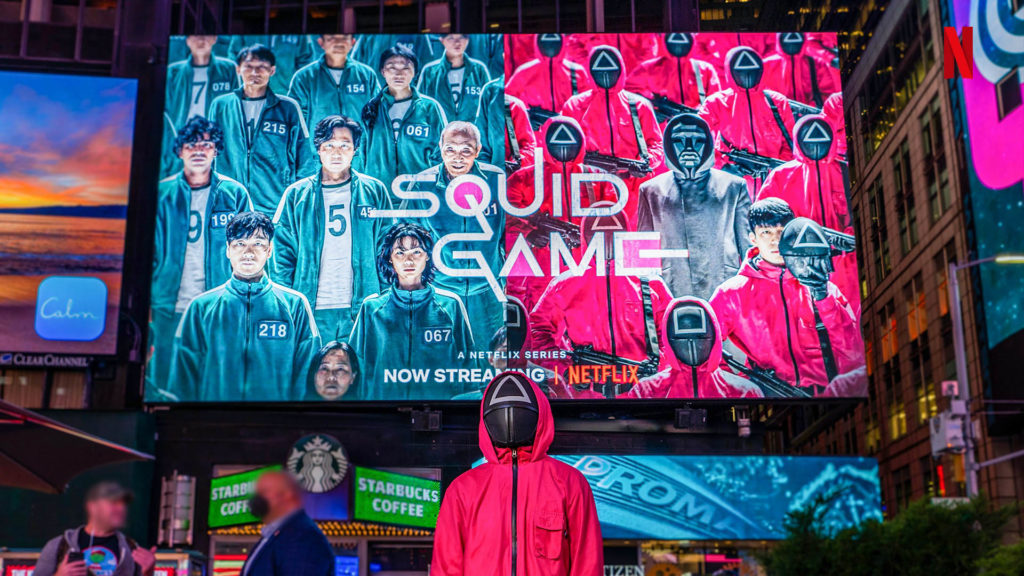How Korea became Cultural Juggernaut
A New York Times feature on Nov. 3 analyzed why Korean pop culture like the smash Netflix series “Squid Game” has grown popular worldwide.
In the article “From BTS to ‘Squid Game’: How South Korea Became a Cultural Juggernaut,” the daily said, “Now K-pop stars like Blackpink, the dystopian drama ‘Squid Game’ and award-winning films such as ‘Parasite’ appear as ubiquitous as any Samsung smartphone.”
Explaining the background of Hallyu’s growth, it said, “The country’s directors and producers say they have been studying Hollywood and other entertainment hubs for years, adopting and refining formulas by adding distinctly Korean touches.”
“For decades the country’s reputation was defined by its cars and cellphones from companies like Hyundai and LG, while its movies, TV shows and music were mostly consumed by a regional audience,” it added, “Korea’s cultural output is still tiny compared with key exports like semiconductors, but it has given the country the sort of influence that can be hard to measure.”
The article also mentioned the Oxford English Dictionary in September adding 26 words of Korean origin, including “Hallyu (Korean Wave).”
“The explosive success didn’t happen overnight,” The Times said. “Long before ‘Squid Game’ became the most watched TV show on Netflix or BTS performed at the United Nations, Korean TV shows like ‘Winter Sonata’ and bands like Bigbang and Girls’ Generation had conquered markets in Asia and beyond.”
“As South Korea emerged from the vortex of war, dictatorship, democratization and rapid economic growth, its creators developed a keen nose for what people wanted to watch and hear, and it often had to do with social change,” it added. “Most national blockbusters have story lines based on issues that speak to common people, such as income inequality and the despair and class conflict it has spawned.”
